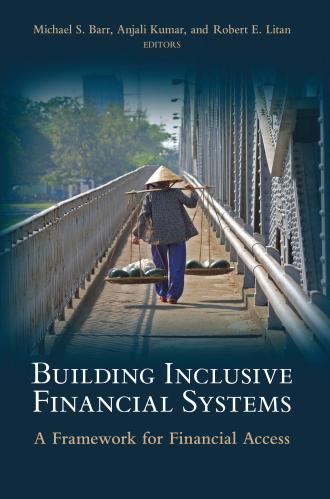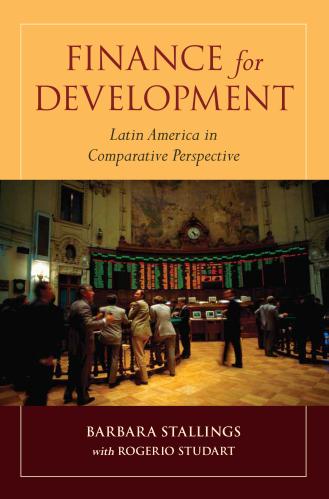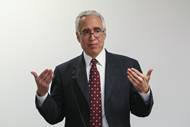Thank you for inviting me to testify today on the human capital recommendations of the 9/11 Commission. The Commission’s report has outlined the essential elements of a more effective intelligence community and homeland security effort. It is now up to Congress and the president to exercise their best judgment on whether and how to proceed, whether through reorganization or long-overdue improvements in key human capital systems, or both. I believe the Commission was quite right to note the heroic work that many federal employees do every day in the effort to illuminate impending threats and address longstanding vulnerabilities. The vast majority of federal employees are dedicated, hard-working, and deeply committed to making a difference. However, we often ask our employees to succeed in spite of their organizations.
As the Commission noted in its report, “We know that the quality of the people is more important than the quality of the wiring diagrams. Some of the saddest aspects of the 9/11 story are the outstanding efforts of so many individual officials, straining, often without success, against the boundaries of the possible. Good people can overcome bad structures. They should not have to.” We have seen time and again in agency after agency, federal employees face serious shortages of virtually every resource they need to succeed, be it access to training, technology, information, or enough employees to do the job successfully. They are also trapped in personnel systems and bureaucratic towers that were designed for a more leisurely world—one in which the federal government could afford to wait months to classify and fill positions, assess and reward high performance, and discipline poor performers.
The world has changed, of course. We can no longer afford to fight our agile adversaries with turf-conscious agencies, dense thickets of needless bureaucracy, and ancient systems. In bureaucratic terms, this nation cannot defeat the networks of terrorism with the stovepipes of traditional hierarchy As the Commission argues, we have a system in which good people and critical information are trapped in bad systems and redundant bureaucracies. It is time to act. Doing so would be easier if we were building from scratch, of course. We could erect a new intelligence organization with ease, putting the pipes and windows exactly where we wish. But we are dealing with existing structures, with all the peril that comings from past remodeling, outmoded technologies, creaky stairwells, and a patchwork of top-heavy structures, antiquated personnel systems, competing priorities, and incompatible protocols. I do not need to remind this committee that the overhaul now proposed would continue the task that began three years ago when Congress created the new Department of Homeland Security, and continued with the Defense Department personnel reform.
You worked hard to smooth the bureaucratic boundaries in the new department, and give the senior leadership the tools to build a performance-sensitive personnel system. So have the senior leaders of the new department. They deserve great credit for avoiding the needless layering that plagues so many federal agencies, including many directly affected by this hearing.
As you requested, I am here today to address the three recommendations of the 9/11 Commission regarding human capital reform.
The Brookings Institution is committed to quality, independence, and impact.
We are supported by a diverse array of funders. In line with our values and policies, each Brookings publication represents the sole views of its author(s).







Commentary
TestimonyThe 9/11 Commission’s Human Capital Recommendations
September 14, 2004